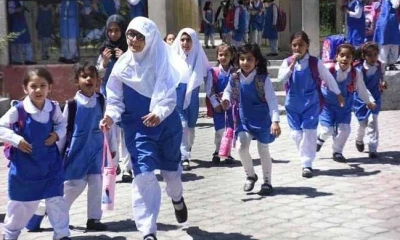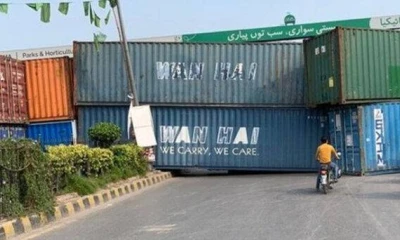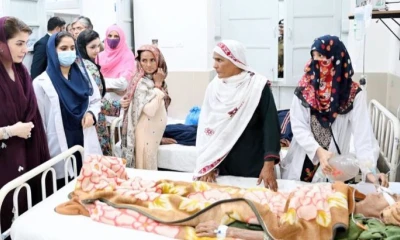Regional
GCF funds $9.8 million boost to fight floods in KP
This project, funded by the Green Climate Fund (GCF), will be led by the United Nations World Food Programme (WFP) in partnership with the Government of Pakistan

Islamabad: A major initiative worth $9.8 million has been greenlit to tackle extreme climate events in Pakistan’s Khyber Pakhtunkhwa (KP) province.
This project, funded by the Green Climate Fund (GCF), will be led by the United Nations World Food Programme (WFP) in partnership with the Government of Pakistan.
The project aims to improve the public sector’s ability to forecast floods and take preemptive actions. It will provide rural households with tools to diversify their income sources and achieve financial stability.
The initiative also focuses on enhancing climate information services, helping communities prepare for flash floods with better risk information and local planning.
Over 1.6 million people in vulnerable areas will benefit from improved climate services and an early warning system. New automated weather and hydrometeorological stations will be set up in Buner and Shangla districts.
These stations will offer tailored crop management advice, help reduce harmful coping strategies during floods, and involve local entrepreneurs and the private sector.
WFP Pakistan’s Country Director, Coco Ushiyama, welcomed the GCF’s support, highlighting the importance of financing for accelerating climate action. She noted that climate change poses a severe threat but also calls for collective efforts to build a resilient and food-secure future.
This project will support ongoing climate resilience efforts in Pakistan by addressing gaps in early warning systems and community engagement. It includes strategies to support marginalized groups, especially women and persons with disabilities, ensuring they have access to climate resilience measures.
The project focuses on building institutional capacity, transferring knowledge, and ensuring long-term sustainability. It marks a significant step forward and could serve as a model for similar initiatives in other climate-vulnerable regions worldwide.
The GCF Board approved the project during its 39th meeting in Songdo, South Korea, on July 18.
-

 Sports 2 days ago
Sports 2 days agoAustralia unveils squads for women's ODIs against New Zealand, India
-

 Pakistan 2 days ago
Pakistan 2 days agoGovt to suspend internet services amid PTI protest
-

 Pakistan 11 hours ago
Pakistan 11 hours agoPTI showdown: CIA building in Islamabad declared sub-jail
-

 Sports 1 day ago
Sports 1 day agoPakistan win toss, opt to field first against Zimbabwe in 1st ODI
-
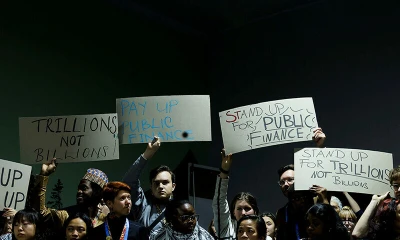
 World 2 days ago
World 2 days agoWealthy countries’ $300bn offer seeks to end COP29 stalemate
-

 Business 2 days ago
Business 2 days agoGold glitters again in Pakistan after global price hike
-
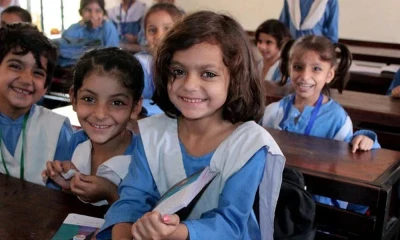
 Regional 13 hours ago
Regional 13 hours agoSecretary Schools Punjab announces winter vacation dates
-

 Pakistan 2 days ago
Pakistan 2 days agoFiring on KP govt’s chopper in Parachinar


